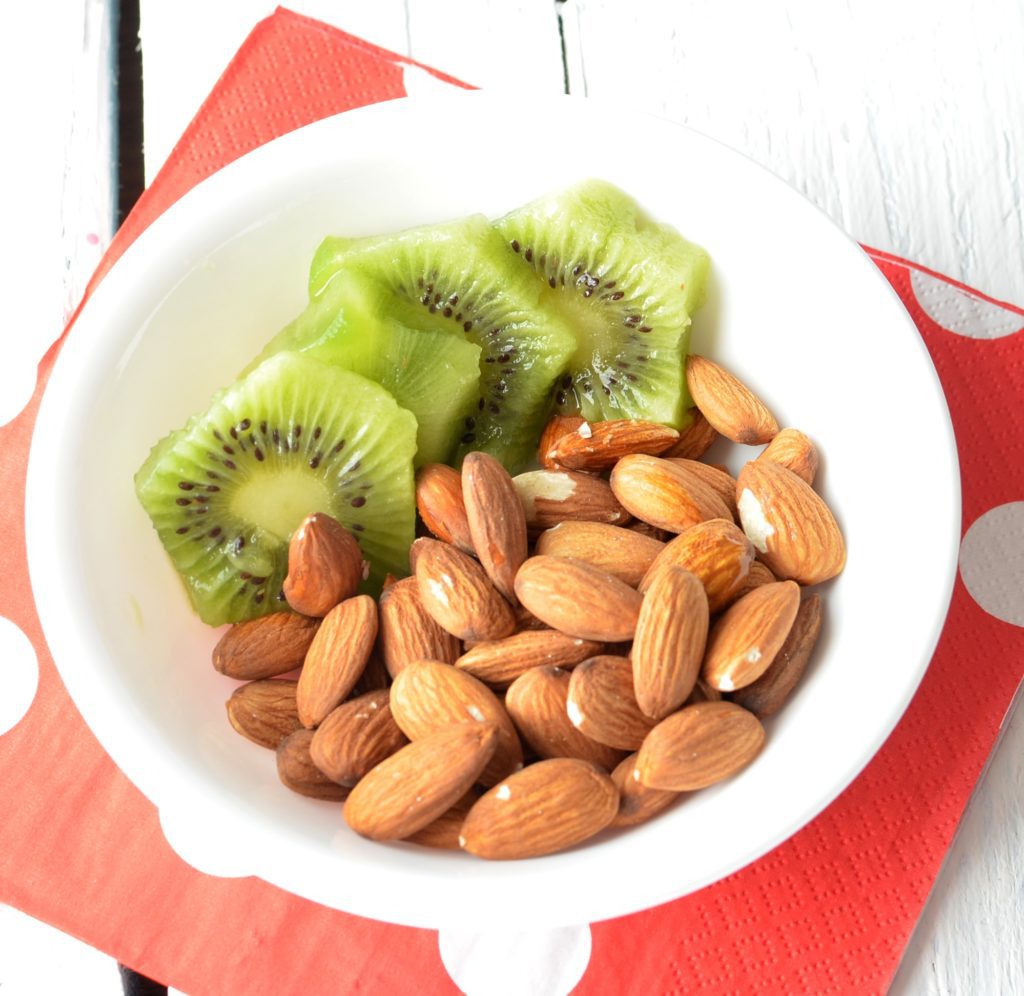The best advice my sister ever gave me was, “sleep when you can.” This is good advice for new moms, people in crisis, and those who are sick; but is it more than folklore? Yes, sleep as medicine is well documented.
Poor sleep is a major problem for our bodies. It is linked to weight gain, lesser brain function, depression, heart issues, diabetes and much more. Sleep deprivation makes you chemically hungry, and lowers your ability to make smart choices like saying no to unhealthy cravings for food and/or drugs. Lack of sleep affects your resting metabolic rate which affects how many calories are burned when you sleep, as well reducing energy and slowing reaction times. Poor sleep is linked to insulin resistance and loss of quality decision making abilities. Our bodies are designed to rest and rejuvenate. Our bodies cannot function well without regular sleep.

The body clock typically has a 24-hour repeating system called the circadian rhythm which is a group of physical, mental, and behavior changes that are important to the regulation of rest. A compound called adenosine seems to be one factor linked to this drive for sleep. While you’re awake, the level of adenosine in your brain continues to rise. The increasing level of this compound signals a shift toward sleep. While you sleep, your body breaks down adenosine. When it gets dark, your body releases a hormone called melatonin. Melatonin signals your body that it’s time to prepare for sleep, and it helps you feel drowsy. As the sun rises, your body releases cortisol. This hormone naturally prepares your body to wake up. Just as your body needs water and food for fuel. Your body needs rest for organ function.


Foods that promote rest:
- Almonds are a source of melatonin and magnesium
- Turkey is a source of protein and tryptophan
- Chamomile Tea is a source of apigenin
- Kiwi is rich in serotonin and antioxidants
- Bananas are a source of tryptophan and magnesium

Practices that promote rest:
Go to sleep and wake up at the same time every day.
Try to keep the same bedtime schedule on weeknights and weekends. An hour difference is ok.
Do quiet activities like reading or listening to music an hour before bed.
Avoid heavy and/or large meals within a couple hours of bedtime. (Having a light snack is okay.) Also, avoid alcoholic drinks before bed.
Avoid nicotine and caffeine in the evening because they are stimulants. Both substances can interfere with sleep.
Exercise each day.
Sleep in a cool, dark, and quiet room.
